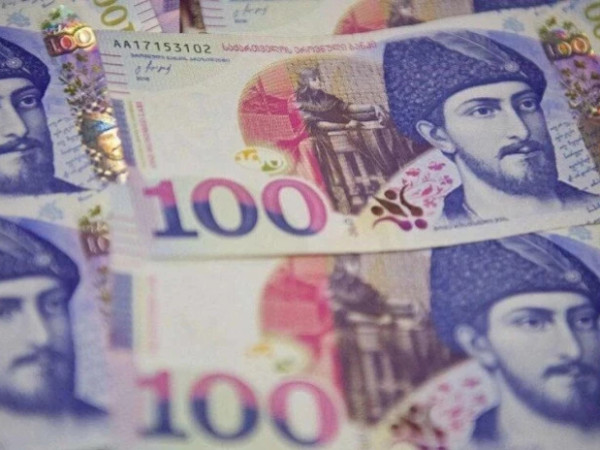Declaring foreign film production a national security threat, the president said he had asked his top trade official to start the process of imposing a tax on Hollywood.
President Trump said he would impose a 100 percent tariff on movies “produced” outside the United States, proclaiming in a social media post on Sunday that the issue posed a national security threat.
Mr. Trump said he had authorized Jamieson Greer, the United States Trade Representative, to begin the process of taxing “any and all Movies coming into our Country that are produced in Foreign Lands.” Mr. Trump added, “This is a concerted effort by other Nations and, therefore, a National Security threat.”
The Motion Picture Association, which represents the biggest Hollywood studios in Washington, declined to comment. The association’s latest economic impact report, based primarily on government data and released in 2023, showed that the film industry generated a positive U.S. balance of trade for every major market in the world.
Technically speaking, the vast majority of movies shown in American cinemas are produced in the United States — scripts written, preproduction planning handled, principal actors cast, footage edited and sound added. But Hollywood has increasingly turned to foreign locales for the cameras-rolling part of the moviemaking process because, as with so much traditional manufacturing, it is much cheaper.
In January, shortly before his inauguration, Mr. Trump said in a social media post that he had named Mel Gibson, Sylvester Stallone and Jon Voight as “special ambassadors” for the purpose of “bringing Hollywood, which has lost much business over the last four years to Foreign Countries, BACK — BIGGER, BETTER, AND STRONGER THAN EVER BEFORE!”
The actors, each an enthusiastic supporter of the president, have yet to do anything publicly, although Mr. Voight, who is Angelina Jolie’s father, has met with a few unions and studio executives on a private fact-finding tour.


















